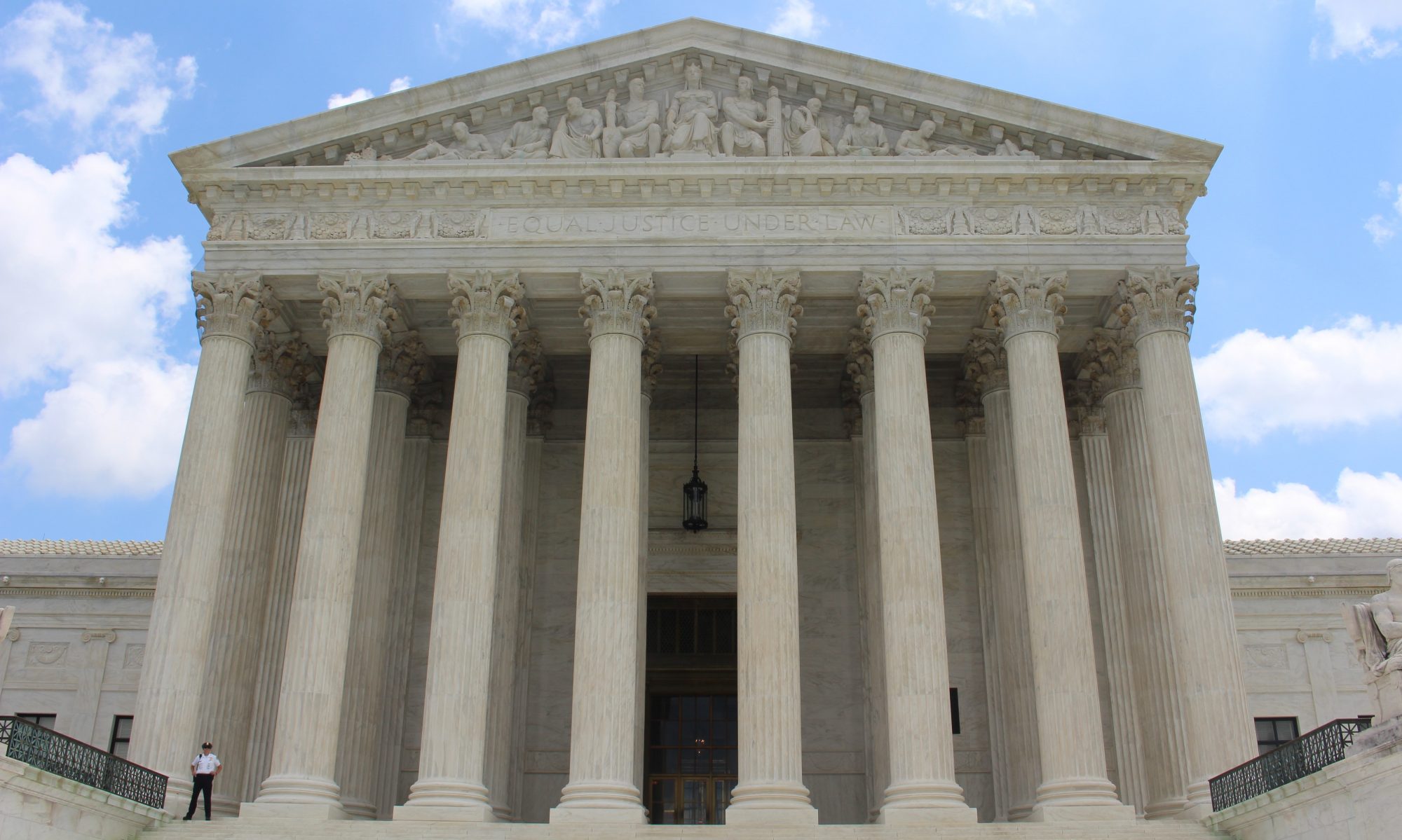Joseph A. Seiner, Time, Equity, and Sexual Harassment, 12 U.C. Irvine L. Rev. 573 (2022).
Abstract
Sexual harassment remains a pervasive problem in the workplace. Recent studies and empirical research reveal that this unlawful conduct continues to pervade all industries and sectors of the economy. The #MeToo movement has made great progress in raising awareness of this problem and in demonstrating the lengths that some employers will go to conceal a hostile work environment. The movement has further identified the lasting emotional toll workplace harassment can have on its victims.
The research in this area demonstrates that the short timeframe harassment victims have to bring a federal discrimination charge—180 or 300 days depending on the state—is wholly inadequate. The deception, misrepresentation, and sexual abuse encountered by many workplace harassment victims can make it impossible to file a timely charge. The pandemic has further highlighted the difficulties harassment victims can face in meeting this deadline through no fault of their own. This Article argues that the only practicable solution to this problem is a more robust application of the centuries-old doctrine of equitable tolling to pause the harassment time filing deadline where appropriate.
This Article identifies five equitable tolling guideposts that the courts should consider before dismissing a sexual harassment claim on the basis of an untimely charge—psychological harm, employer threats, fear, workplace deception, and public health. This Article discusses how each of these markers may impact the timeliness of a harassment claim and explains when the use of equitable tolling may be appropriate. Given the extensive research in this area, as well as our expanded understanding of the pervasiveness of sexual harassment in the workplace, employers should no longer be permitted to run out the clock on these claims through their own improper conduct.
Available at: https://scholarship.law.uci.edu/ucilr/vol12/iss2/21/




